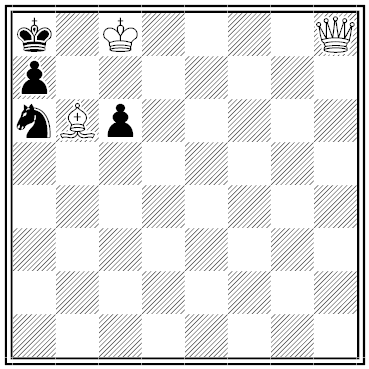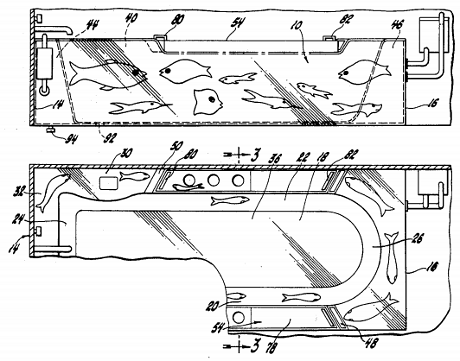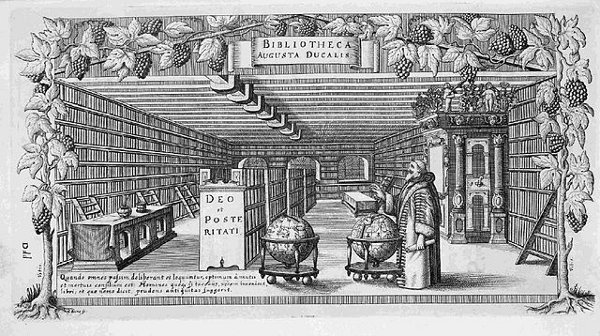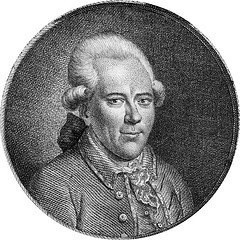polysemant
n. a word having more than one meaning
In 1000 Most Obscure Words, lexicographer Norman Schur notes that the Oxford English Dictionary gives three strikingly different definitions for rosmarine:
rosemary
sea spray
the walrus
Similarly, merkin manages to mean both “an artificial covering of hair for the female pubic region” and “a mop to clean cannon.” Kudos.
In 1973, textile merchant Marcus Shloimovitz sued the Oxford Dictionary for defining Jew in part as “a grasping or extortionate money-lender or usurer.” “The Jewish race includes sages, scholars, judges, scientists and people from the arts and stage,” he argued. “They have done great service for their countries. They are not cheats or unscrupulous usurers.” He lost because he failed to show that the definition had caused him personal suffering.





